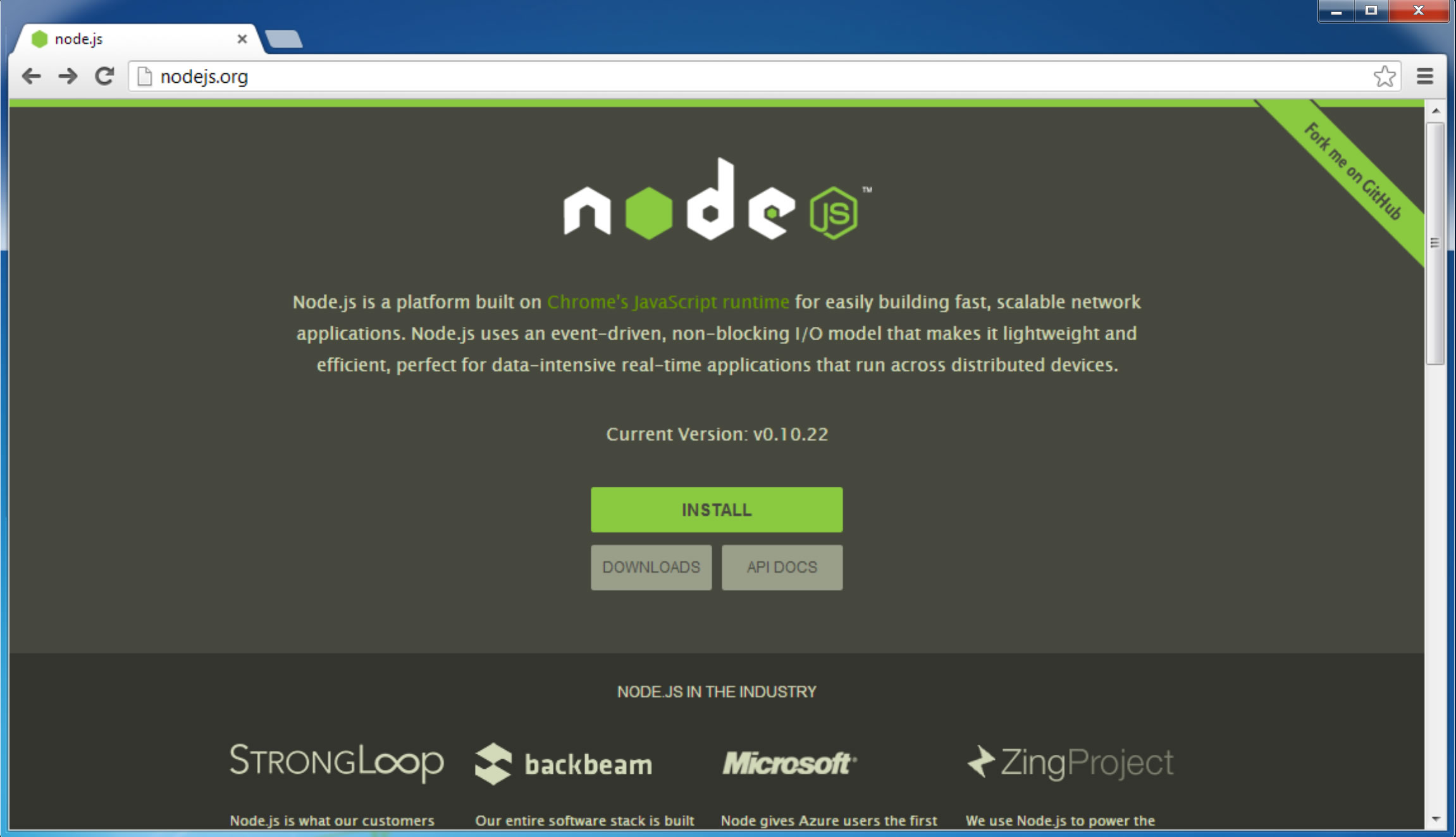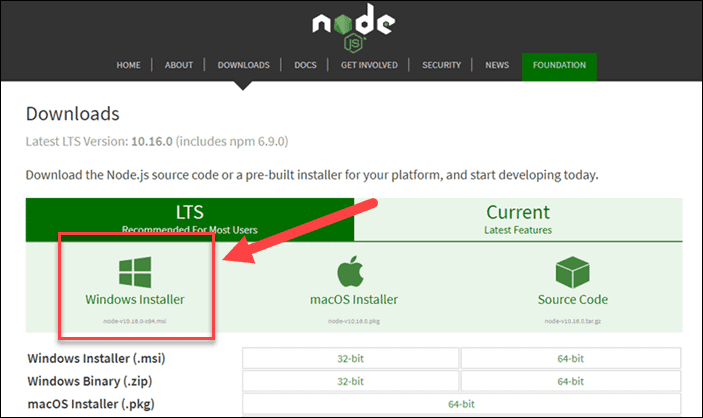

For production concern, those works can be migrated to RHEL (Payable) Linux distribution platform. It is an open-source platform for non-productive developmental work.

What is this CentOS?ĬentOS is a Community Enterprise Operating System. Node.js is an efficient and easy than a traditional web server model. it can be used to develop scalable systems, because of its non-blocking feature. In the Server, Java-script is used in Node.js. Node.js can be used on multiple platforms like Windows, Linux, Unix, Mac OS X, etc., It is designed to build scalable network applications. See my answer that covers it in more details here: How to download a file from repo, and install it later w/o internet connection?.Let me tell you. Node.js is an open-source tool. Notice it's doing a dependency check, and then downloading the missing pieces. Loaded plugins: langpacks, presto, refresh-packagekit What if I want to download everything that package X requires? $ yumdownloader -resolve Įxample $ yumdownloader -resolve vim-X11 $ yum -downloadonly Īnd then install it like so: $ sudo yum localinstall You can also use one of the following options to download a particular RPM from the web, and then use yum to install it. $ sudo yum install yum-utils # (to get `repoquery`) If you're ever unsure that you're constructing the arguments right you can consult with repoquery too. In this case since I'm dealing with Fedora 20 (F20) the release info would be "fc20", and the architecture info too. You can also include the release info when specifying a package. Loading mirror speeds from cached hostfileĪs far as installing a particular version? You can append the version info to the name of the package, removing the architecture name, like so: $ sudo yum install -įor example in this case if I wanted to install the older version, 2.4.6-6 I'd do the following: $ sudo yum install httpd-2.4.6-6 Loaded plugins: fastestmirror, langpacks, refresh-packagekit


It gives you a list like "package name.architecture version": $ yum -showduplicates list httpd | expand To see what particular versions are available to you via yum you can use the -showduplicates switch.


 0 kommentar(er)
0 kommentar(er)
